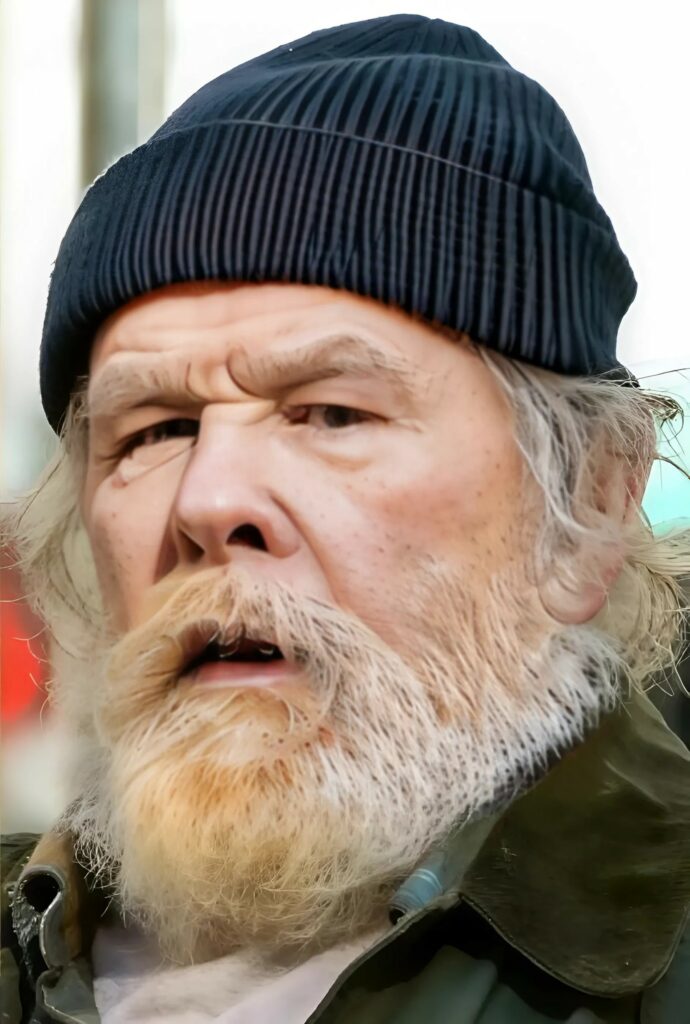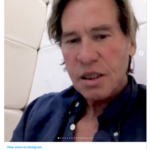There was a time when his name alone sold out movie theaters. He wasn’t just famous — he was iconic. His image was splashed across magazines, billboards, and movie posters from New York to Tokyo. He worked with legendary directors, starred in classics that shaped generations, and was once considered the face of serious, emotional cinema.

But today, at 83, he’s barely recognizable. Time has reshaped him: the chiseled features have softened, the confident voice has faded, and the walk is slower. Many people walk right past him without knowing they just passed a living legend.
And yet, despite illness, grief, and age, he continues to act.
His beginnings weren’t glamorous
He didn’t have the classic Hollywood look. As a young man, casting agents told him he didn’t fit any mold. Too thin, too quiet, too intense.
“You’ll never be a leading man,” they said.
“You’re not what the camera wants.”
But he persisted. He took whatever roles he could get — in theater, TV, small films. Slowly, his rawness and truth caught attention. And then came the breakthrough — a complex, dramatic role that demanded more than charm. It demanded soul.
Audiences didn’t just watch him. They believed him.
The golden era: unforgettable roles
From the late ’70s to the early 2000s, he was everywhere.
He played veterans haunted by war, flawed fathers trying to reconnect, misfits with sharp minds and broken hearts.
His performances weren’t loud — they were human. He wasn’t always the hero, but he was always unforgettable. Critics praised his range, and fans felt deeply connected to his characters.
Illness, loss, and silence
Then life shifted. His wife passed away. His health began to decline. Doctors diagnosed him with a spinal condition that made walking painful and speech difficult. His hearing faded. The offers slowed.
People began to ask: “Is he still alive?” “Did he retire?” “What happened to him?”
What happened was simple: he retreated, not out of weakness, but to regroup.
Still on set — for the love of it
Today, he still acts.
Not in blockbusters or global premieres, but in independent films, student projects, small roles in local productions.
He doesn’t ask for big trailers or special treatment. He shows up, script in hand, tired but focused.
“When I’m on camera, I feel like myself again,” he says.
“I’m not old. I’m not sick. I’m just… in the scene.”
For him, acting isn’t about fame anymore. It’s about staying alive — emotionally, spiritually, artistically.
Do you recognize him?
You might, if you saw a photo from 30 years ago.
Back then, he could silence a room just by entering it.
Today, he sits quietly on park benches, sometimes unrecognized. But for those who know — really know — he never stopped being great.
He didn’t disappear. He evolved.
Why his story matters
Because it’s not about acting. It’s about endurance.
About refusing to vanish quietly.
About holding onto what defines you — even when the world forgets your name.
His story reminds us that age isn’t the end of expression. That creativity doesn’t belong to the young. That purpose can outlive popularity.


